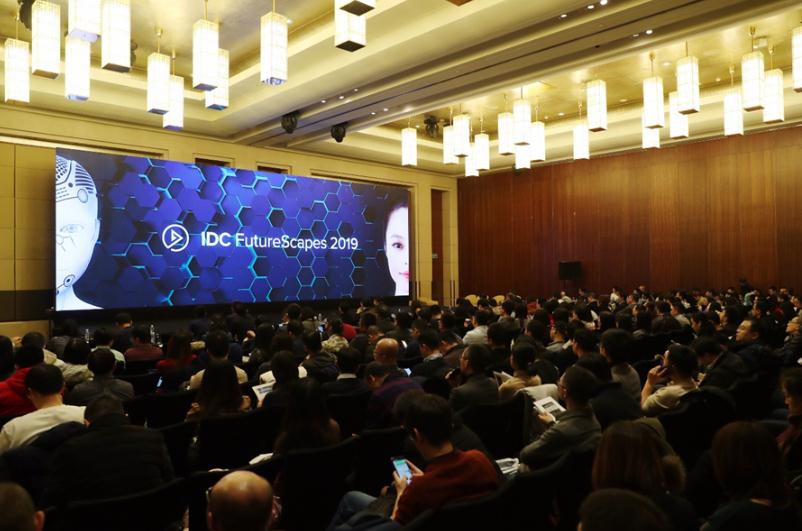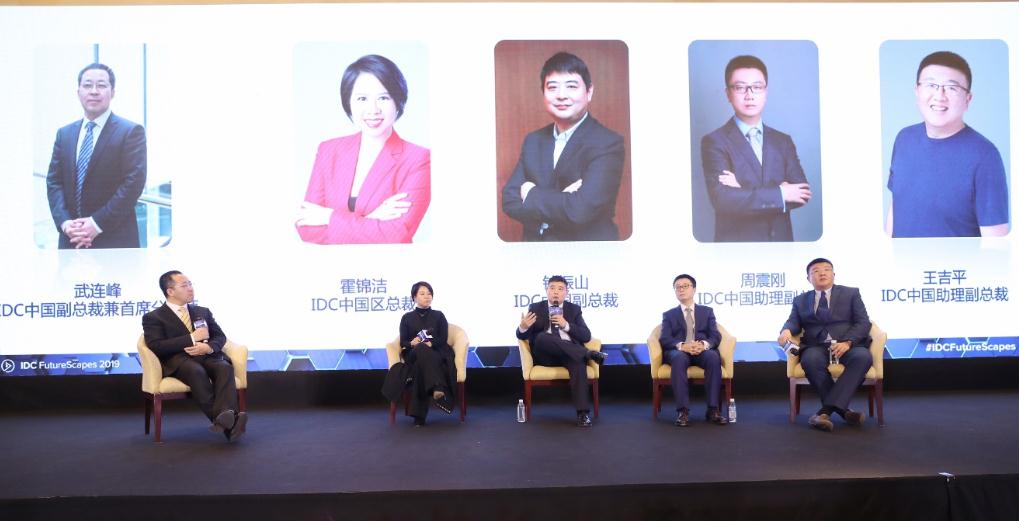China's growth to be driven by digital
By Zhu Lingqing | chinadaily.com.cn | Updated: 2018-12-20 14:59

More than 65 percent of China's GDP will be driven by digital by 2022 and the growth of industry will be powered by digital products, operations and relationships, market consultancy IDC China has predicted.
At the IDC FutureScapes 2019, a forum focusing on trends in China's ICT market held by IDC China on Monday in Beijing, a series of predictions on China's ICT market were released.
IDC China Vice President and Chief Research Analyst Wu Lianfeng said the digital economy and digital industry will become the mainstream of the market and that IT-related expenditure will reach $1.3 trillion from 2019 to 2022.
"5G will be the key technology for enterprise to achieve the next phase of digital transformation. By 2024, more than 60 percent of 5G connections will come from business application scenarios in industries," Wu said in his speech.
IDC China Managing Director Kitty Fok said, from a global perspective, all industries will become digital industries and integration and cross-border will become the mainstream in the future.
She said China, characterized by the world's largest middle class, boasts huge consumption potential and major business opportunities for smart devices and super applications.
"Digital transformation of enterprises is the core support of digital economy's development. Growth and innovation relying on 11 digital technologies of the third platform, which include cloud computing, big data, mobile, social, artificial intelligence, block chain, internet of things, augmented/virtual reality (AR/VR), 3D printing, robots and next generation security, are the core of digital transformation, " Fok said.
In addition, Zhong Zhenshan, vice-president of IDC China, said the technologies of artificial intelligence, internet of things and security will come in top priorities.

Compared to traditional companies, digital native enterprises has faster innovation speed, can fully empower employees with customer-centered strategy, embrace risks in a process of continuous learning and adaptation, and create new value for enterprises with technology and data, Thomas Zhou, associate vice president of IDC China, said.
He said digital transformation has changed applications, and changes in applications will change everything. Clouds, data centers and developers will serve as the cornerstones of the rejuvenating of enterprises.
"By 2020, 50 percent of users from education sector and large enterprises will consider using VR/AR products, large screen whiteboard, tablet and smart wristband to improve working efficiency. The work, which includes space, culture and employees, supported by various smart devices and technologies will be mainstream in the future," Antonio Wang, associate vice president of IDC China said.
In the consumer market, trends such as household storage, aging population, consumption classification, 1.5-tier cities, screen shift and 5G will significantly affect the terminal market, which should be paid great attention from manufacturers, Wang added.
"To win the new competition in the intelligent age, it is necessary to have a vision of becoming a digital native enterprise, talents who use the latest digital technology to accelerate innovation, a long-term application scenario-centered development roadmap, an intelligent digital platform that can gather partners and developers, sufficient budget and long-term ability of fast iteration and persistence and an innovative performance appraisal system," Wu said.
























